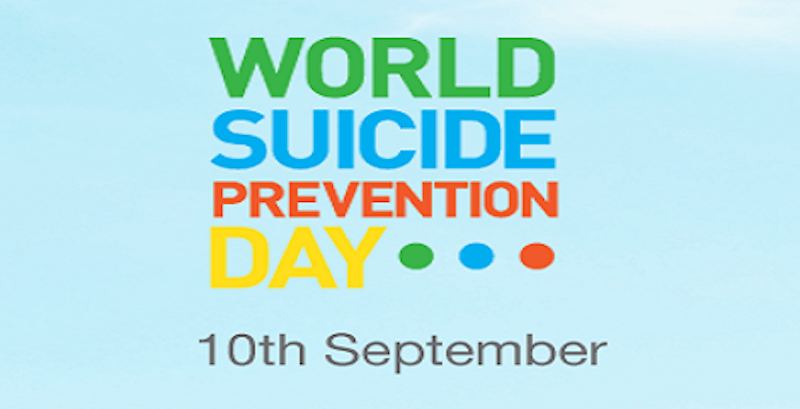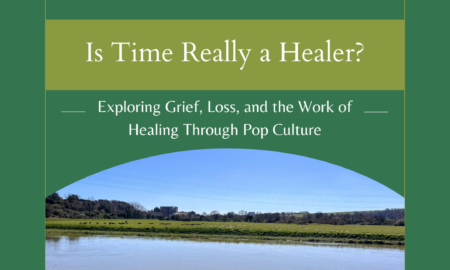How Should We Be Talking About Suicide?

Today is World Suicide Prevention Day.
World Suicide Day is an annual day to encourage awareness about the single biggest killer of men under the age of 45 today. As part of a series of a few posts about suicide, this post covers what I feel are the more useful and healthy ways to talk about suicide.
Do I need to worry about the words I use?
Suicide can be an intensely emotive subject and many people feel unclear about what may be considered “useful” or “unhelpful” language to use when talking about suicide. What words should we be using? What are the ways to talk about suicide, suicidal ideation or related issues? It’s also not just those who fear offending or upsetting someone they know who has been affected by suicide. It’s also those who have personal experience of suicide who question whether how they talk about their experience will shock or confuse others.
In this post I will share my suggestions as to how we should be talking about suicide.
First and foremost, I believe that any conversation about suicide can aid awareness and support bringing the topic of suicide further out of the abyss and into everyday conversation.
Whether you’re unsure about the words you use or how to ask someone how their loved one died for fear of upsetting them, the most important thing by far is that you have had the courage to talk about a topic that for many is too difficult. So well done you!
So What works?
For far too long suicide has been a taboo subject, a topic we may not always know how to approach, talk about or even whether it’s ok to share our own experiences and views of. But nowadays suicide awareness is on the up and this is largely due to more people being able to talk about suicide. You may have come across the notion that it’s healthier to not talk about “committing” suicide as that has particular connotations and harks back to the days when suicide was considered illegal. Those days are gone – suicide is not a crime and to say “commit” is outdated. It’s not that it’s necessarily offensive to say ‘to commit suicide’ but it’s more useful to say things like “to die by suicide” or simply “to suicide” in the sense of e.g. “My friend suicided”. Ultimately, anyone affected by suicide will appreciate any effort to talk to them about their experience of suicide, no matter the language used.
Earlier this year the charity CALM (Campaign Against Living Miserably) launched its “Project 84” to highlight the shocking current suicide statistics in the UK. The Project consisted of 84 sculptures to represent each of the 84 lives that are lost to suicide every week in the UK. There have also been a number of high profile deaths by suicide that have also contributed to our exposure, understanding and awareness. Having been covered in multiple news items there was also much effort that went in to encouraging a more sensitive way of talking about suicide.
The more we can encourage a sensitive and healthy way to talk about suicide, the more we can encourage accuracy and respect in our conversations.
How To Talk About Suicide
The following is a suggested list of words and language that seeks to understand and respect those who experience suicidal thoughts and those who have been affected by suicide.
- To die by suicide
- To suicide
- To take one’s life
- To end one’s life by suicide
- To attempt a suicide
- To complete a suicide attempt or to complete a suicide
Above all, it’s important to remember that all open, direct and honest talk about suicide can help support wider understanding and awareness.
Please note that as an emotive and often personal subject, the above views and suggestions are solely my own and may differ to other’s.
If you are thinking about suicide there is a 24/7 helpline available via the Samaritans on 116 123. There is also a range of resources available on this site and if you would like support through your own suicidal ideation, get in touch.
You may also be interested in...

Is Time Really a Healer?
Pop Culture and Loss I recently finished the Netflix series One Day. (Spoiler alert—if you haven’t seen it yet, you might want to pause here and come back once you…

What is Mature Love?
Creating Meaningful Connections Mature love, what is it? I’m not talking about being 80 years old and holding hands on a walk through the park here. I am talking about…

What Do We Mean by ‘The Self’ in Psychotherapy?
Understanding the Concept of the Self The concept of "the self" is central to psychotherapy, yet it can feel elusive and abstract. As therapists, we often talk about self-awareness, self-development,…

Your Life Story
Your Life Story One of the core theories of Transactional Analysis is the notion of a life script. Put simply, a life script is a pre-conscious life plan that determines…

Improve Your Mental Strength
Ever wondered why some people seem to bounce back effortlessly from life's curveballs while others struggle to regain their footing? The secret lies in mental strength – that intangible power…

The Early Clues To Adult Personality
As new parents we strive to see early clues in our baby's temperament to see if we're able to guess what they may be like as adults. But how far…
Ready to Make a Change? Book an Initial Consultation Today
If you have any questions at all about therapy or would like to make an appointment, get in touch. I will usually be able to respond to you within 24 hours.
